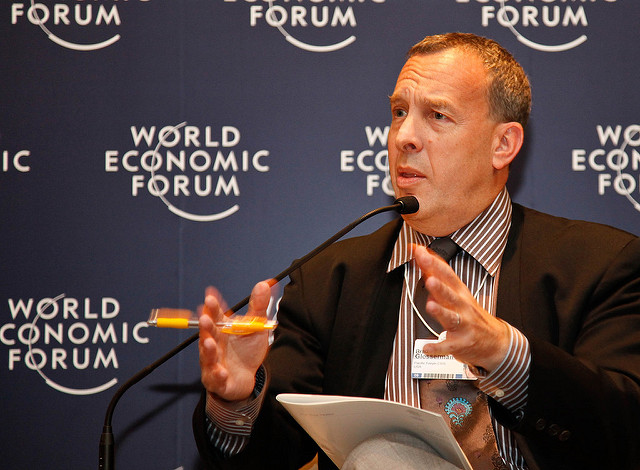Next Lakeland Lecture to Focus on Japan's International Profile
At 7pm on October 23, author and long-time Japan Times columnist Brad Glosserman will be coming to LUJ as the new Lakeland Lecture guest speaker. His talk is titled "2013-2023: Japan's Momentous Decade." Glosserman's new book, Japan’s Rise as a Regional and Global Power, 2013-2023: A Momentous Decade, which Gilbert Rozman co-edited, looks at Japan's transformation, and all the moving parts that contributed to where we are now and where we might be going.
Glosserman took some time to answer a couple questions before his talk.
The title of your talk is billed as "Japan's Momentous Decade." What has made these years (2013-2023) so different than, say, 2002-2012?
Simple: leadership. Japan was cycling thru PMs practically every year in the first decade; there were 7. It only went through 3 in the second. And compare the two leaders that stayed in for more than a year: Koizumi had popular backing but no ability to move the LDP or the government in support of his goals. Abe had vision, knowledge of the party and the government, and an ability to tack between his ambitions and reality (in his second term; failure to do that third thing doomed his first trip to the prime minister's office — that and an intestinal disorder).
Our students are always curious about how our guest speakers were like when they were in college. Could you tell us a bit about your undergraduate college years, what you studied or experienced? Also, how did Japan enter your 'life radar'?
The fact that I ended up in Japan is completely fortuitous or guzen; it had nothing to do with my studies. I focused on political science, but I studied Europe. I lived, studied and worked in Europe and thought that — the life of an expat — was what I wanted. Later, personal connections brought me to Japan. (it's a great story and worth telling but it's too long to put down here.) The lesson I take from it all is be ready to seize opportunities when they are presented, take some risks and try to grow as a person.
Many of the students in attendance will be in their twenties. To risk a cliche, they are 'the future'. How do you see the next ten years unfolding in this country?
It's gonna be interesting. The message of Peak Japan is that the country's best years are behind it. At the same time, though, the reason that is true is because Japan resists change until it absolutely has to adapt. So, absent a crisis — and while there are clouds on the horizon, nothing is imminent or urgent — things will continue as they are, which is awfully damned good. Comfortable too.
See the poster below for more information about Glosserman's talk.
Follow LUJ on Instagram
